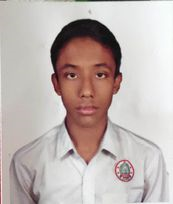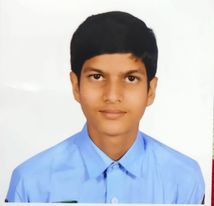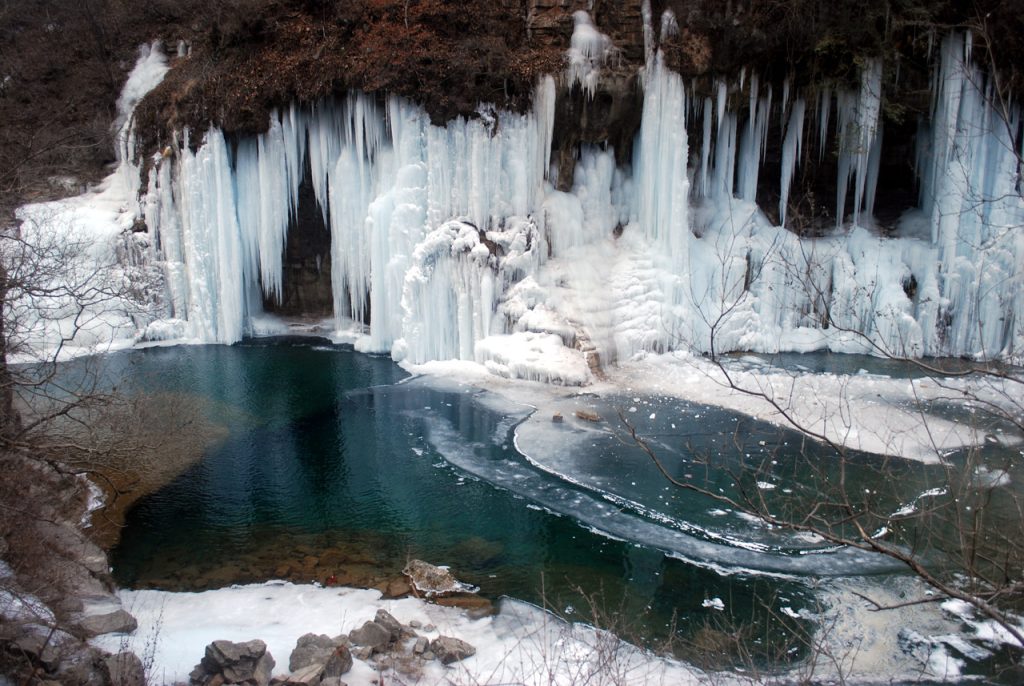
We are hosting our Metamorphosis gathering again! This is a chance for people to share music, art, and writing and to dialogue across different generations (hence the name, the concept of ideas morphing and changing over the years). This event is also a benefit for the grassroots Afghan women-led group RAWA, which is organized by women in Afghanistan who are currently supporting educational and income generation and literacy projects in their home county as well as assisting earthquake survivors. (We don’t charge or process the cash, you are free to donate online on your own and then attend!)
This will be Saturday April 6th, 2-4 pm in the fellowship hall of Davis Lutheran Church at 317 East 8th Street in Davis, California. It’s a nonreligious event open to all, the church has graciously allowed us to use the meeting room. You may sign up here on Eventbrite.
Also, we encourage everyone in the California area to attend the third annual Hayward Lit Hop on Saturday, April 27th. This is a public festival with different readings from different groups throughout downtown Hayward coinciding with Hayward’s choosing a new adult poet laureate, culminating in an afterparty at Hayward’s Odd Fellows Lounge. Several Synchronized Chaos contributors will read from their work at the 2024 Lit Hop.
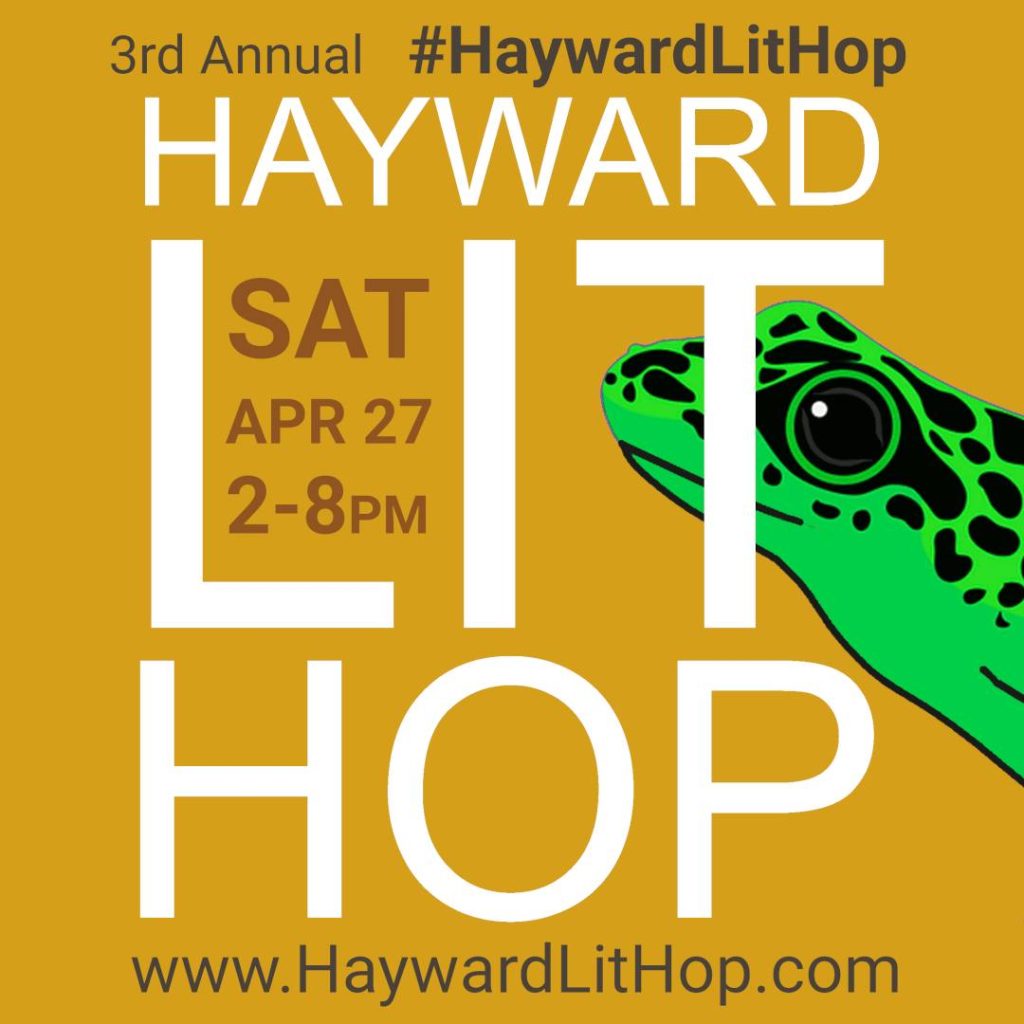
This month, for April’s first issue, we’re reflecting on the change of seasons. We’re moving from winter to spring, or summer to fall in the Southern hemisphere. Much of the other work here deals with changes in moods, situations, stages of life, or with cultures and societies in times of change.
J.D. Nelson’s haiku evokes intriguing and disorienting seasonal transitions, while Jacques Fleury offers up an impressionistic reflection on a sunrise and the liminal state of consciousness between sleeping and waking. Hurliman Almuratova contributes a poetic piece about spring’s eventual return as Sayani Mukherjee glories in radiant poppies, Don Bormon listens to the symphony of natural sounds around him and Maja Milojkovic revels in the scents, colors, and renewal of spring. Annie Johnson exudes about diaphanous dawn, moonlight, and newborn creation in her poetry.
Mesfakus Salahin sees love all over the natural world around him. Kristy Raines speaks of a steady love where people know the depth of their connection even without using words. John Edward Culp writes of the tender growth of a relationship where there is trust. Davronbekova Sevinch speaks to the need to preserve integrity and trust. Graciela Noemi Villaverde writes of a gentle and silent love among the larks and lilacs. Inobat Karimova describes how her girls’ agricultural science club at school reflects the respect of her society for women, nurturing, the land, and life. Tammy Higgins’ photography concerns intersections of human culture and nature where nature remains present and vibrant.
Amirova Niginabonu’s work speaks to the cycles of nature and the ways of the mind as Michael Robinson reflects on loss and resurrection during the church season of Lent.
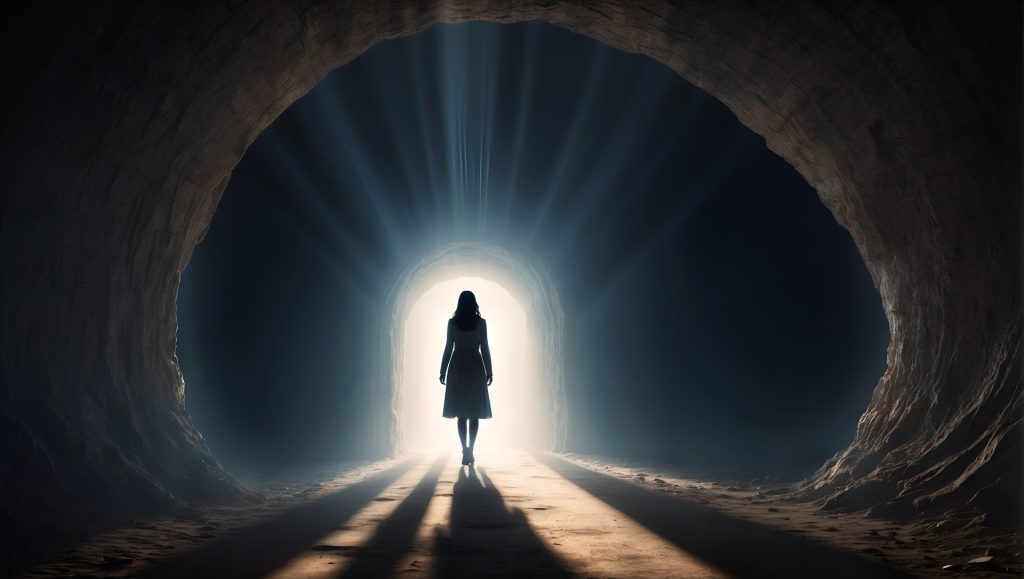
Dildora Toshtemirova writes of celebrating her birthday after the loss of her parents. Sevinch Raxmanova illustrates coming of age amidst the loss of her parents and grandparents. Nosirova Gavhar’s piece focuses in on a single date to represent her grief at the loss of her mother.
Music pulls Taylor Dibbert back to thoughts of a marriage that ended, as Bill Tope describes an unconditional love that begins awkwardly but becomes very real until the title character’s death. Uzbekoyim’s poem reflects the pain of deeply caring for someone who does not return the care. Daniel De Culla comments on the vulnerability of women and children and the precarity of family life.
Surayyo Usmonova’s poetic story intermingles love, loss, and sorrow as J.J. Campbell speaks to longing and forbidden desires and Prasana Kumar conveys the pain of silence and words left unsaid. Sabina Rasulova writes of dreams dashed with reality and the absence of loved ones. John Sweet wonders what life is worth in a harsh and alienating world.
Mykyta Ryzhykh evokes the “silent emptiness” of alienation and modern warfare and Bill Tope dramatizes the toll of war and military and political oppression on civilian families and children. Azemina Krehic mourns the losses of so many mothers and the violence against women in Bosnia. Christopher Bernard highlights the folly of cycles of conflict and revenge in the Middle East. Mahbub Alam also expresses his hope that Gaza will find the peace he sees in nature. Linda Gunther reviews Ruta Sepetys’ WWII refugee survival story Salt to the Sea, exploring character development and internal and external conflict. In Nahyean Taronno’s detective story, while justice triumphs at the end, deception and violence seem a continual threat. Laylo Bakhtiyorova dramatizes the intensity of emotional pain, but reminds us that it will pass.
Muheez Ohamilekan gently encourages caution before being swept up in uncontrollable experiences as Maurizio Brancaleoni compares the uncertain journey of life to a train trip with an unstated destination.
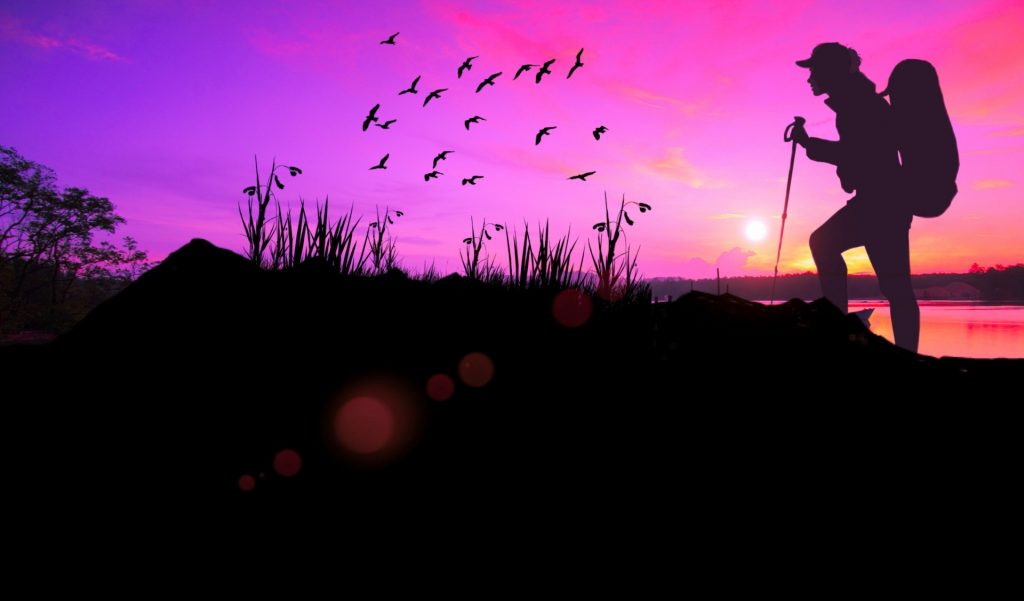
Mark Young’s postwoman poems allude to life’s surprise gifts: one never knows what might arrive in the mail. Alan Catlin’s found poems repurpose other famous modern works in a fresh and surprising way, like Polaroids from the lives of artists.
Christina Chin, Shane Coppage, Marjorie Pezzoli and Jerome Berglund send up a group of concrete collaborative haiku that play with words and language.
Eddie Heaton crafts impressionistic takes on relationships and words and literature through long voyages of the mind. Goran Tomic alludes to a different kind of voyage through his collages of vintage images of flowers and clothes and buildings, illustrating city life in the time of the flaneurs.
Sevinch Tolquinova celebrates the value of reading and learning from books. James Whitehead illuminates the honest empathy of Richard Vargas’ poetry collection leaving a tip at the Blue Moon Motel.
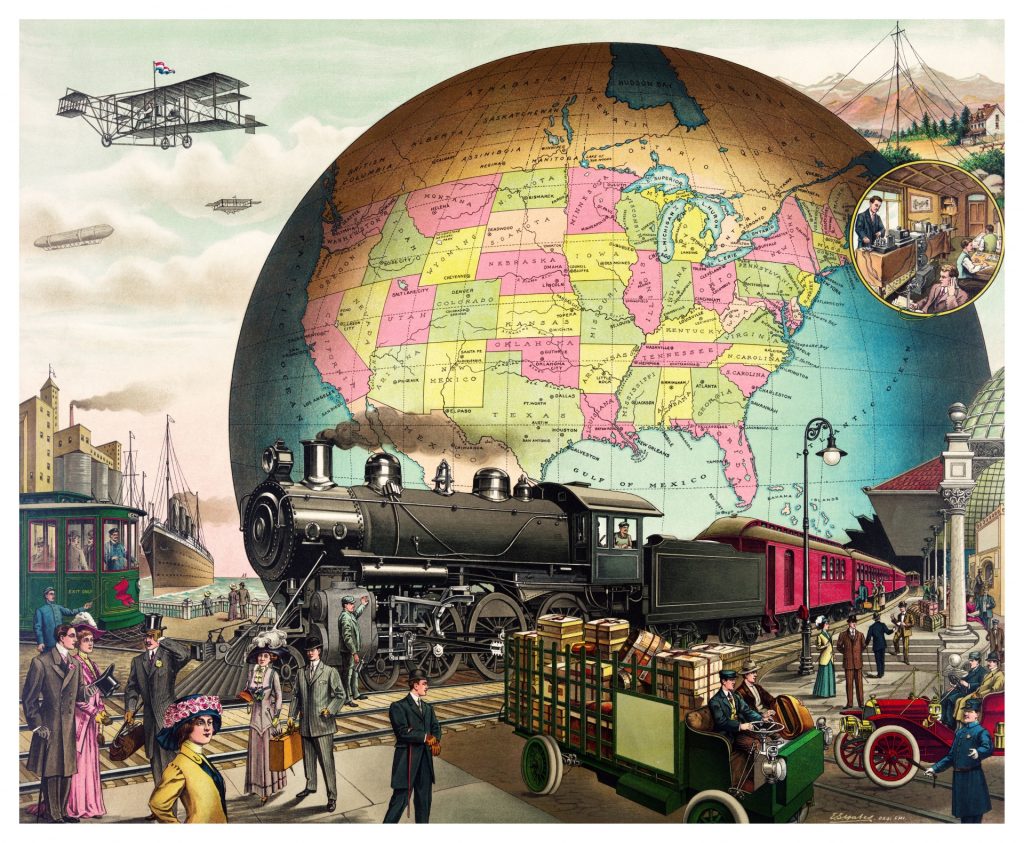
Brian Barbeito crafts a long series of character sketches and vignettes, while Noah Berlatsky’s humorous piece speculates on what sort of poet he wants to become. Ifora Olimjonova compares introverts to extroverts and suggests that many people are somewhat in the middle.
Jeffrey Spahr-Summers speaks to a society in transition with his poems on the latent cultural and racial tension in South Africa. Z.I. Mahmud writes of the power and limits of words and memory in Toni Morrison’s Beloved, and how the novel’s characters reclaim their flesh and history.
Thaalith Gimba offers up a dramatic poem of self-assertion, as John Grey crafts muscular poems on human needs and physical existence. Qurbonova Gulsanam extols the power of dedication and self-efficacy in working towards a goal as Donoxon Ibodullayeva reflects on the potential for developing Uzbek youth leadership through school and after-school organizations. Lilian Dipasupil Kunimasa’s childlike poems trace and celebrate our creative journeys through life. Dildora Toshtemirova urges readers to join her in living their dreams as Stephen Jarrell Williams speculates on whether he can bring his into reality.
Duane Vorhees’ poems of the gods and the ancients situate personal and cultural history within geological and natural timescales.
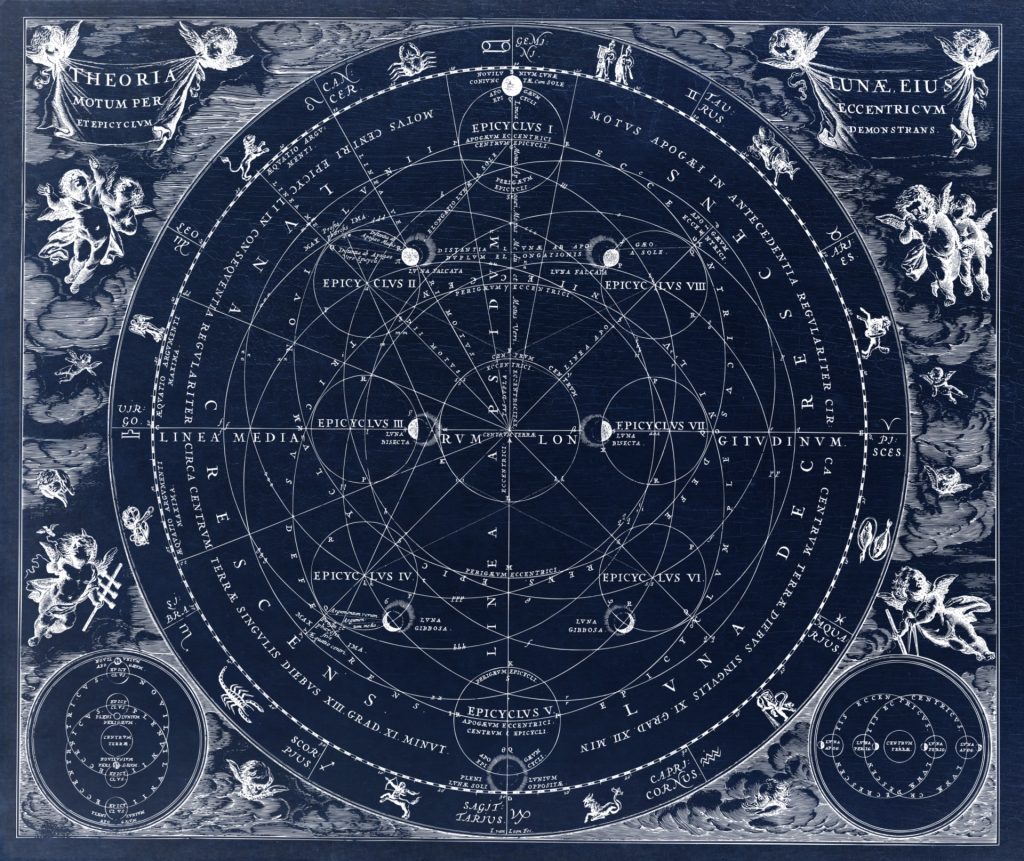
Bahramova Ifora Sunnatillayevna outlines the research of historical astronomer Mirzo Ulug’bek as Amirjonov Og’abek describes the ancient Islamic architecture of Samarkand. Wazed Abdullah commemorates the independence and pride of Bangladesh. Akhrorova Sarvinoz illuminates the historical and cultural value of cities in Uzbekistan, Rasulberdi Ashiraliyev highlights the Uzbek heritage of jurisprudence and the rule of law, Mirzo Ulugbek outlines types and structures of Uzbek businesses, and Xushroy Abdunazarova speaks to the history and beauty of the Uzbek language.
Gulsevar Xojamova encourages educators of Uzbek youth to draw on the nation’s cultural heritage in their lessons. Irodaxon Ziyoyeva discusses how to combine modern and traditional educational methods in the classroom, Shoshura Husaynova explores how to teach English with idiom and cultural context, Muhammadamin Xojamov addresses methods of mathematics instruction, Tolipova Zebuniso Ulug’bekovna draws on modern psychology and learning style theory in her recommendations for children’s education in Uzbekistan, Gulbahor Ergasheva discusses online learning technology, and Gulsevar Xojamova speaks to the role of information technology in modern Uzbek schools.

Makhfiratkhon Abdurakhmonova and Abdullayeva Dilkhumor Abdukarimovna discuss strategies for effective early childhood education while Azi Umurzoqova highlights the importance of preschool education to her Uzbek homeland.
Uzbek writer Ruxzara Adiliqizi’s poetry carries a delicate mixture of love and patriotism. Boqijonova Madinabonu relates a story of the hard work and dedication of a mother, while Abdullayeva Feruza urges respect for parents and acknowledgement of their care. Farzona Koshimova writes of the importance of manners and respect for elders while Dilnurabonu Vayisova dreams of traveling the world with her mom.
We hope that this issue will deepen your heart and awaken your curiosity as you travel with us. Bon voyage!


